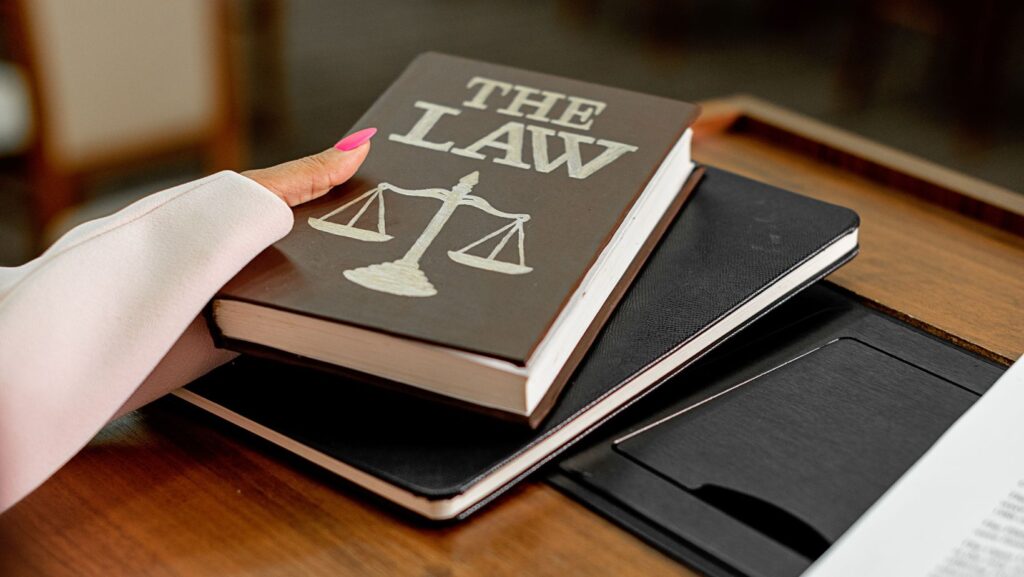
Financial hardship can strike anyone — whether due to medical bills, job loss, or overwhelming debt. When these challenges become unmanageable, bankruptcy may offer a way to reset and rebuild financial stability. For residents of Cobb County and surrounding areas, understanding how Marietta bankruptcy lawyers can assist is crucial to making informed decisions during this difficult time.
This article provides a clear, educational overview of bankruptcy law, the different types of bankruptcy available to individuals and businesses, and the role of a qualified Marietta bankruptcy lawyer in navigating this process.
What Is Bankruptcy?
In simple terms, bankruptcy is a legal process that allows individuals or businesses struggling with debt to either eliminate or reorganize what they owe under federal law. Bankruptcy aims to give an honest debtor a “fresh start” while ensuring fair treatment for creditors.
While the process is governed by federal law — specifically, the U.S. Bankruptcy Code — cases are filed and managed in federal bankruptcy courts, including those serving the Marietta area within the Northern District of Georgia.
The Main Types of Bankruptcy for Individuals
When people discuss personal bankruptcy, they’re typically referring to Chapter 7 or Chapter 13 bankruptcy. Each serves different financial situations and has specific eligibility requirements.
Chapter 7 Bankruptcy: Liquidation
Often called a “straight” or “liquidation” bankruptcy, Chapter 7 involves selling certain non-exempt assets to pay off creditors. Most unsecured debts, such as credit card balances and medical bills, can be discharged, meaning the debtor is no longer legally required to pay them.
However, not everyone qualifies for Chapter 7. A means test determines eligibility based on income, expenses, and family size compared to state averages. A Marietta bankruptcy lawyer can help determine whether a filer meets this requirement and what property can be protected under Georgia’s exemption laws.

Chapter 13 Bankruptcy: Reorganization
Chapter 13, sometimes called a “wage earner’s plan,” allows individuals with steady income to reorganize their debts into a manageable repayment plan lasting three to five years. Instead of liquidating assets, the debtor repays a portion of their debts over time according to an approved court plan.
This option is particularly useful for those behind on mortgage payments or car loans but who wish to keep their property. It also helps stop foreclosure or repossession proceedings once the case is filed — an effect known as the automatic stay.
Bankruptcy for Businesses
Business owners in Marietta and across Georgia may also turn to bankruptcy when debts become insurmountable.
- Chapter 11 Bankruptcy is primarily designed for businesses seeking to reorganize operations while continuing to function. It allows restructuring of debts, renegotiating contracts, and sometimes downsizing to improve financial viability.
- Chapter 7 Bankruptcy for Businesses results in complete liquidation. The business ceases operations, and its assets are sold to pay creditors.
Whether for individuals or businesses, consulting with a knowledgeable Marietta bankruptcy lawyer ensures that the right chapter is selected and that all legal requirements are met.
Key Protections and Benefits of Filing Bankruptcy
Filing for bankruptcy triggers immediate protections that can provide substantial relief to debtors.
The Automatic Stay
Once a bankruptcy petition is filed, an automatic stay goes into effect. This court order halts most collection efforts, including:
- Wage garnishments
- Foreclosure or eviction proceedings
- Creditor lawsuits
- Harassing collection calls
This stay offers crucial breathing room to reorganize finances and work through the legal process.
Debt Discharge
A discharge releases the debtor from personal liability for specific debts, preventing creditors from taking any action to collect them. Common dischargeable debts include credit cards, medical bills, and certain personal loans. However, some obligations — such as child support, alimony, and most student loans — cannot be discharged.
Credit Rebuilding and Long-Term Impact
Although bankruptcy initially impacts credit scores, it also marks the beginning of financial recovery. Many filers can start rebuilding credit within a year of discharge through responsible financial habits and secured credit products. With proper planning and professional guidance, bankruptcy can serve as a stepping stone toward long-term stability rather than an endpoint.
The Role of a Marietta Bankruptcy Lawyer
Navigating bankruptcy law involves complex paperwork, strict filing deadlines, and precise financial documentation. A Marietta bankruptcy lawyer assists clients in several key ways:
- Case evaluation: Assessing whether bankruptcy is the most suitable option or if alternatives like debt negotiation might suffice.
- Chapter selection: Advising whether Chapter 7 or Chapter 13 (or another chapter) best fits the client’s financial profile.
- Filing accuracy: Ensuring all documents are correctly completed and submitted to avoid dismissal or delays.
- Representation: Communicating with creditors, attending hearings, and advocating for the debtor’s best interests before the bankruptcy trustee or court.
Because bankruptcy laws are both federal and state-specific, local expertise matters. Georgia’s exemption rules — determining what property a debtor can keep — differ from those in other states. A Marietta-based attorney understands these nuances and how the local court system operates.
For those interested in learning more, the U.S. Courts Bankruptcy Basics resource offers an accessible introduction to the process.
Common Misconceptions About Bankruptcy
Many people hesitate to consider bankruptcy due to myths or misunderstandings. Here are a few key clarifications:
- “I’ll lose everything.” In most cases, filers keep essential property, including homes, vehicles, and retirement accounts, through legal exemptions.
- “My credit will be ruined forever.” While bankruptcy stays on a credit report for several years, many debtors rebuild good credit more quickly than expected.
- “It’s immoral or irresponsible.” Bankruptcy laws exist to protect honest individuals facing uncontrollable financial circumstances — it’s a legal right, not a moral failing.
Dispelling these misconceptions can help individuals make decisions based on facts rather than fear.
Conclusion: A Path Toward Financial Renewal
Bankruptcy can seem intimidating, but it is fundamentally a tool for recovery and renewal. Understanding the basics — from the differences between Chapter 7 and Chapter 13 to the protections afforded by the automatic stay — helps individuals make informed choices about their financial future.
Working with an experienced Marietta bankruptcy lawyer ensures that the process is handled correctly, rights are protected, and the path forward is clear. For many, bankruptcy is not the end — it is the first step toward rebuilding financial health and stability.






